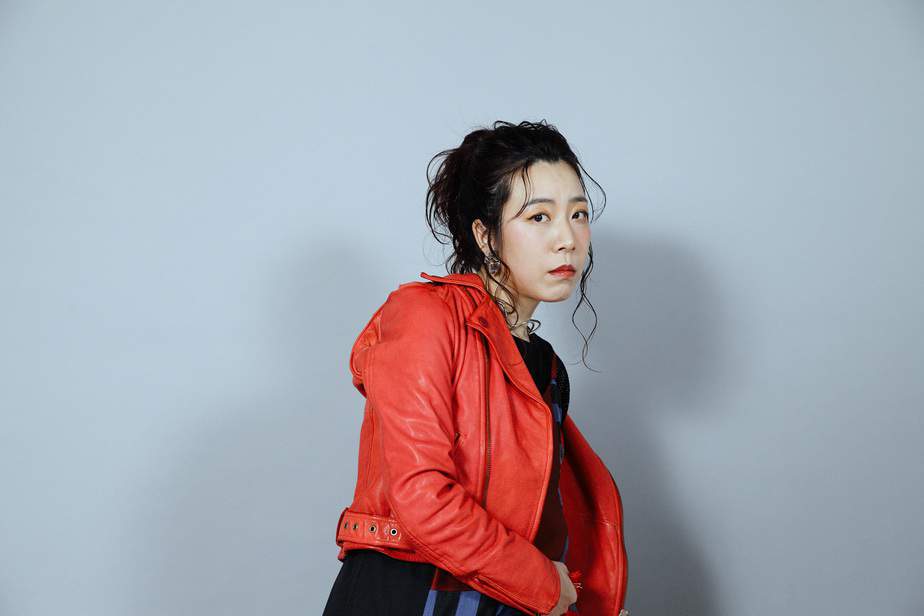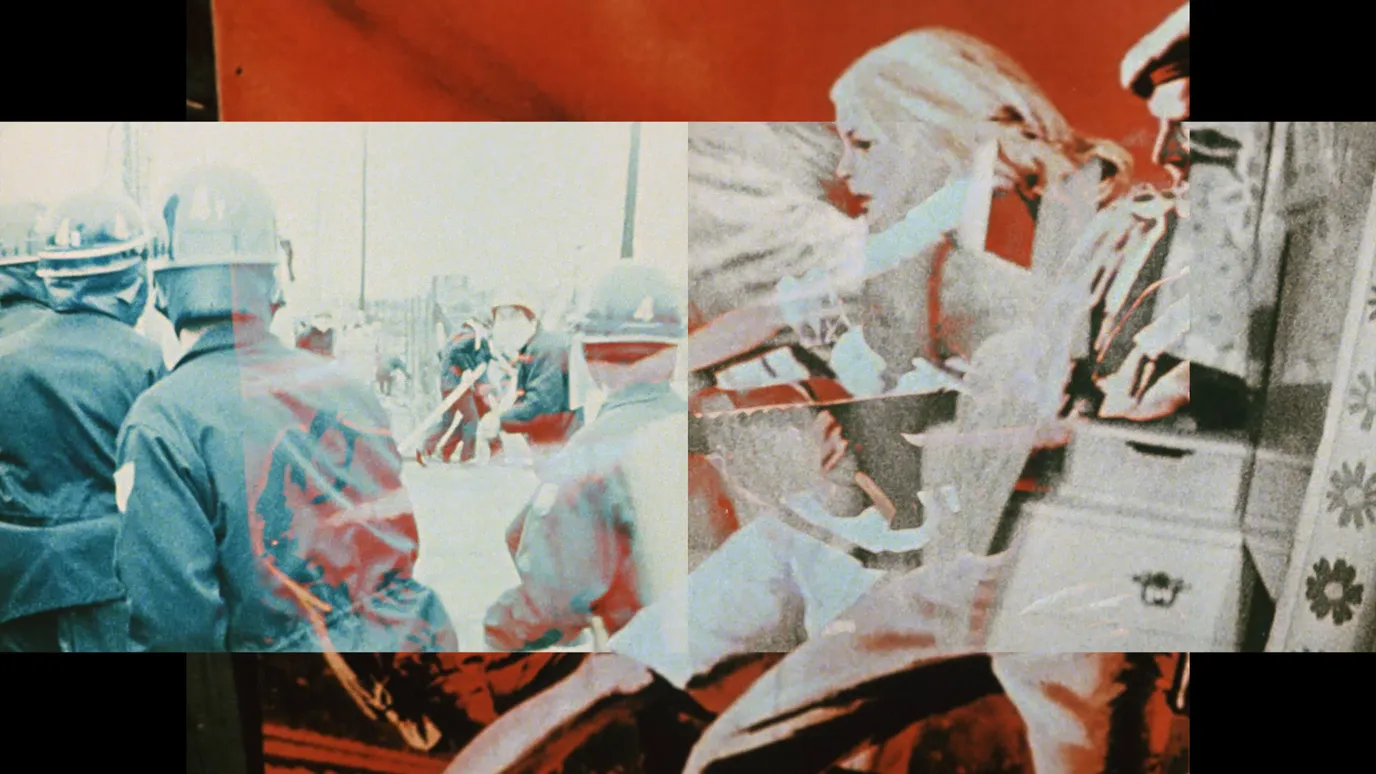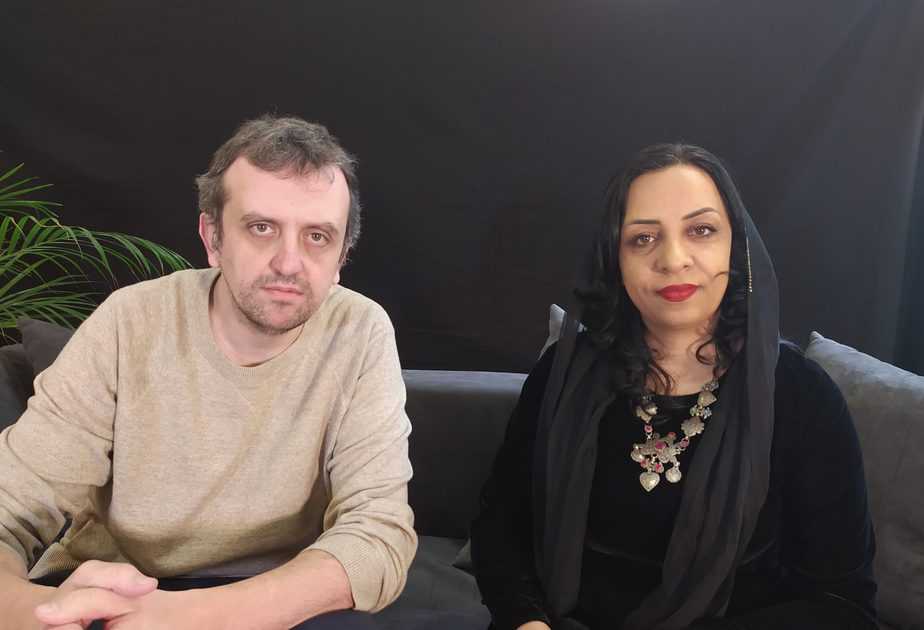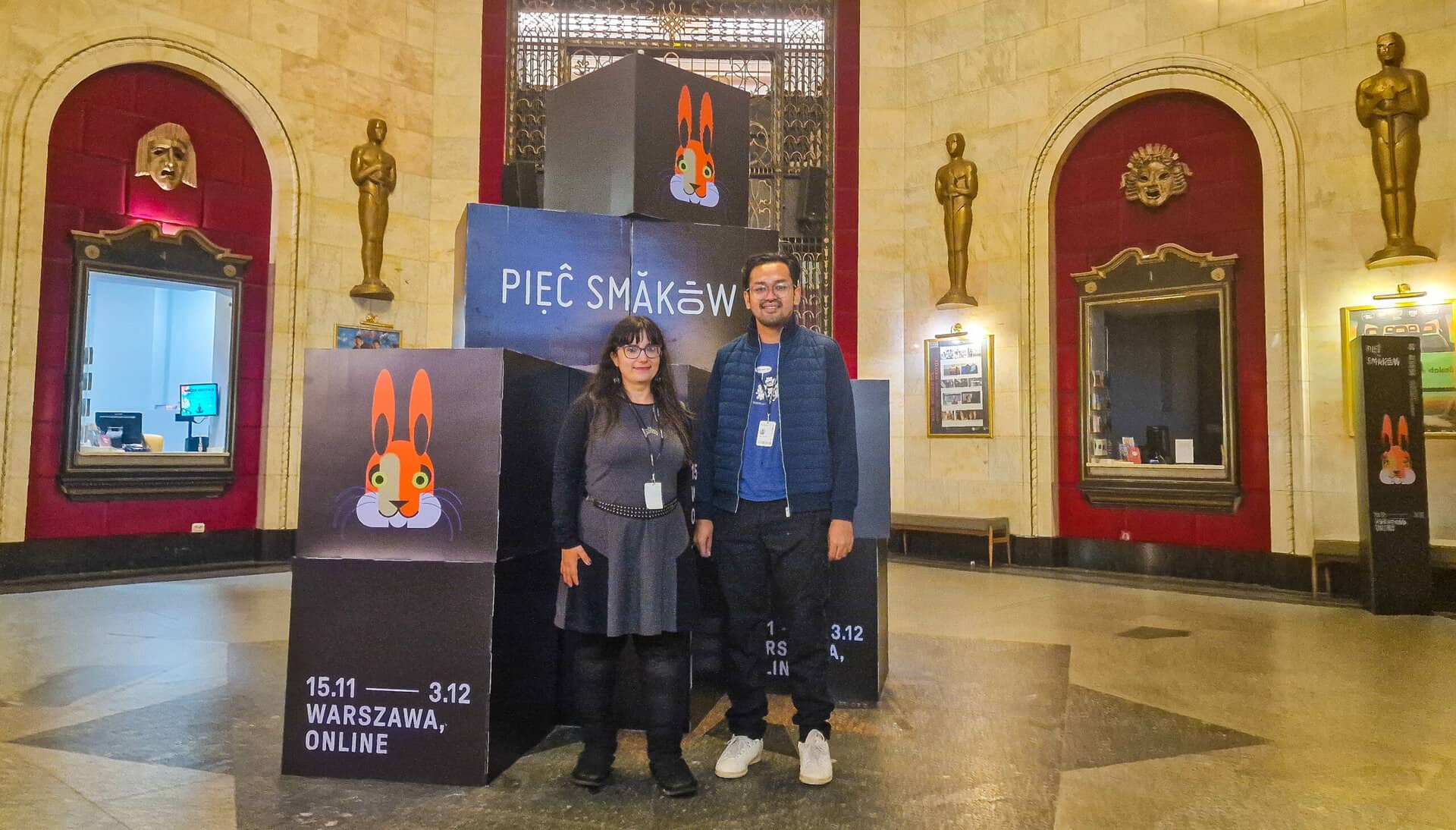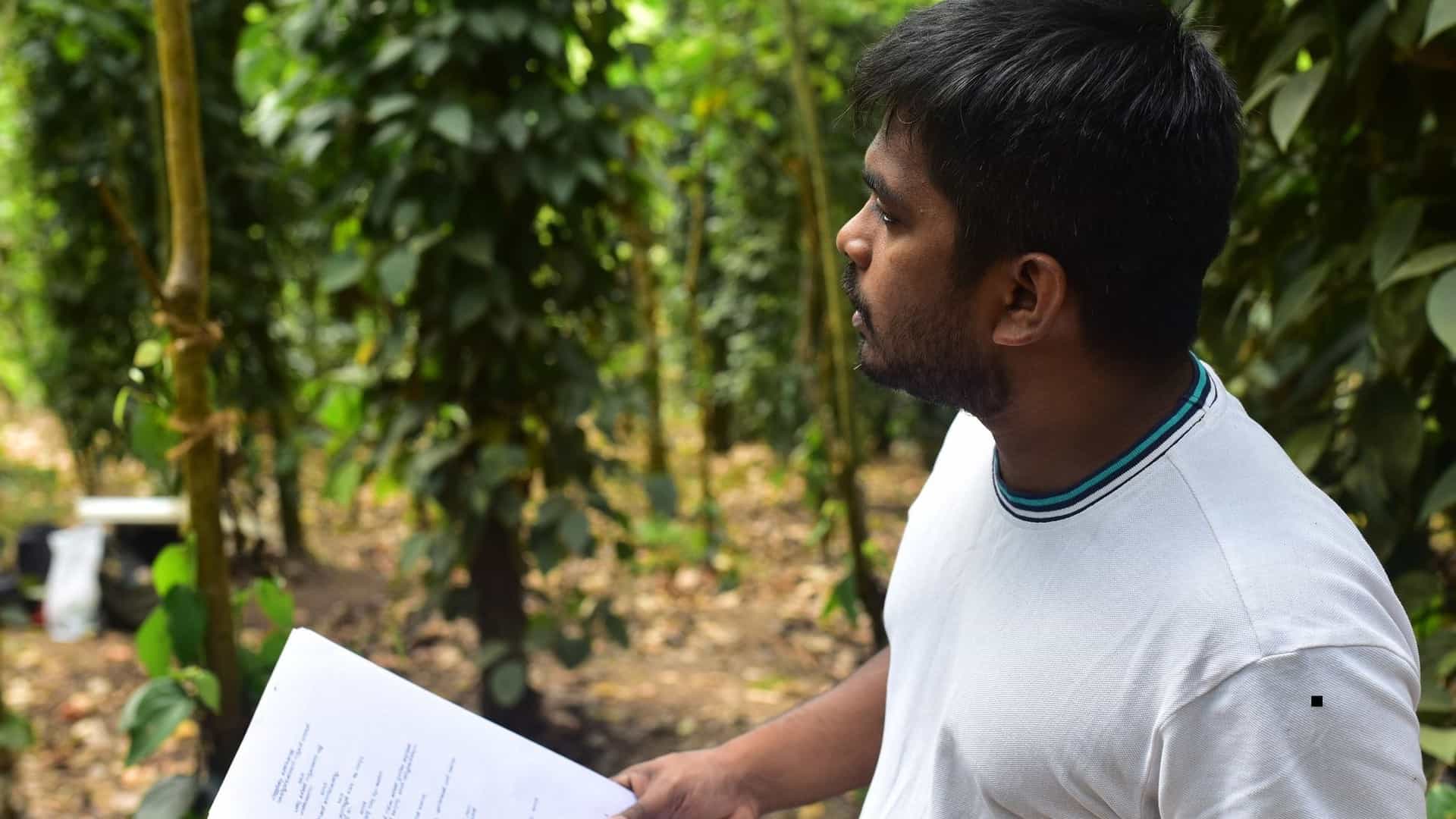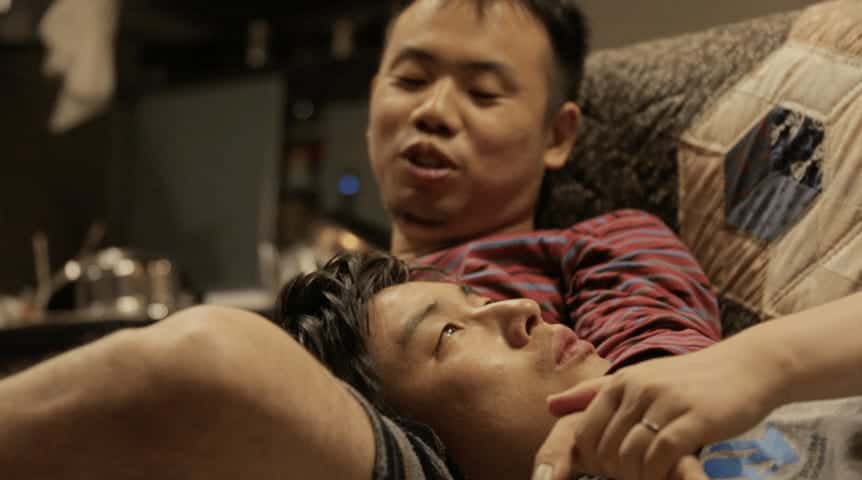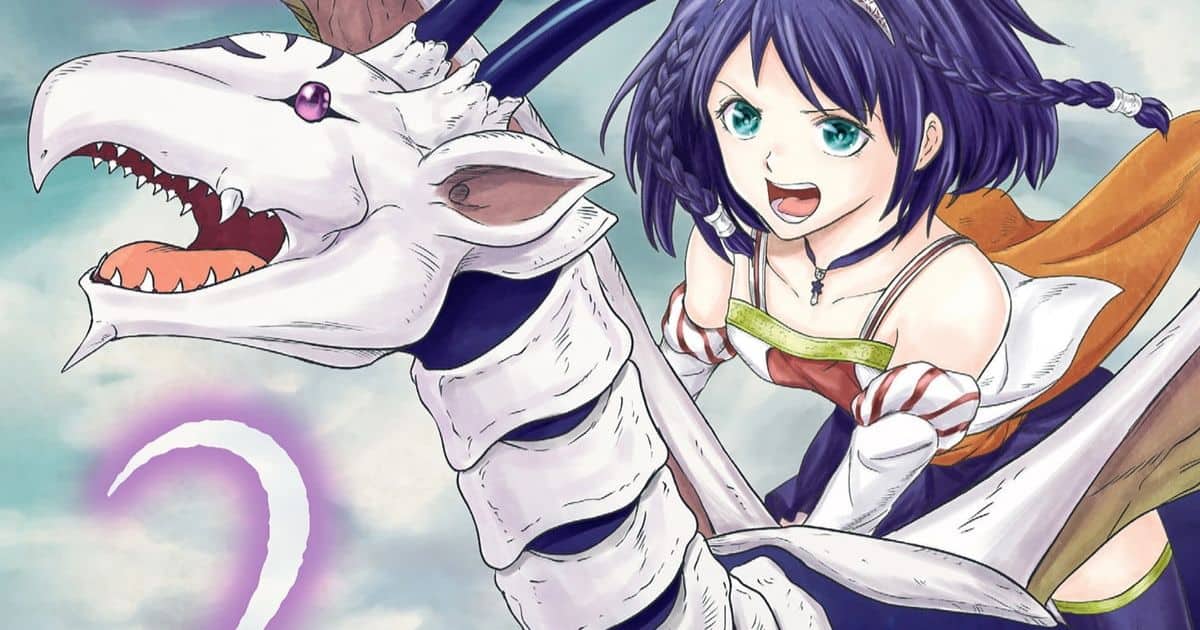Born in Kanagawa in 1985. Yamada founded the Logic Theatre Company and cultivated a unique method of performance. She directed her debut short film Night Flight in 2016. Her second short film Shinjuku Girl won awards at many film festivals. She is active in screenwriting, stage production, and video direction, and was on the screenplay team of the Netflix drama The Naked Director (2019). Life: Untitled is her feature directorial debut.
On the occasion of “Life: Untitled” screening at Japan Cuts 2020, we speak with her about her work in theater, sex workers and the world they live in, the cast, the lack of sex in the movie and many other topics.
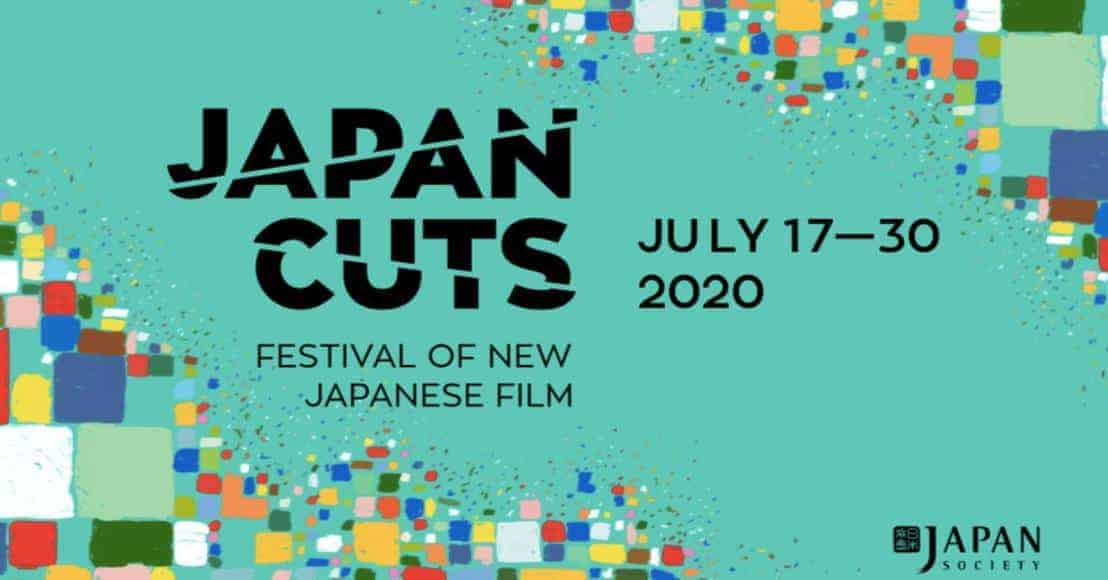
Can you tell us a bit about the Logic Theater company and how the transition from theatre to cinema came to be?
Kana Yamada: I took interest in ‘directing actors' when I was twelve. I took both acting and directing roles at a school event in which I discovered the joy of ‘directing'. I joined a performing art club at my secondary school; I started to write stage plays, direct and acting in them for the whole 6 years of my secondary and high school time. However, making a living as a stage director sounded unrealistic to me back then, so I decided to work for a record company as I also loved music. But when I was 24, I thought that if I wanted to be a professional stage director, this was my last chance, so I quit my job and founded the theatre company Logic Theatre.
What made me direct a film was to brush up my skill as a stage director. I was eager to try out if my skill as a stage director works in film directing, and to see if the film directing experience would change my way of directing actors in theatre and if it would broaden my view on storytelling. Now I can safely say that making films is as important as making a stage play to me. To be honest, I never thought filmmaking would interest me this much, so it was a nice surprise for me. Having a background in stage direction helps me visualize scenes I want to show in film. Filmmaking has become a source of joy in my life, and stage directing is an element I need in my life.
In terms of directing, what are the biggest differences between the two mediums? Was it particularly difficult transitioning from one to the other?
The big difference between directing stage and film is the way you approach the audience. Directing a stage play means that everything the audience see is a long shot, so you try utilising the space where the actors and audiences share to create something interesting. Whereas directing film means you need to make the audience feel they're experiencing what they're seeing in the screen through camera work.
The most challenging thing about adapting the play into a film was to make the opening of the story as exciting and stimulating as possible, in my own style. I wanted to create the same energy I experienced on stage, on the film screen.
The film deals with the sexual industry in Japan. Why did you choose this subject?
In my twenties, I was feeling inferior about being a woman. I thought, no matter how hard you try, women can't be better than men in terms of power and the position they have in society. I also felt inferior to any women in general, in terms of appearance and the body size.
I wanted to write about women and their notions of being women, then I took interest in women working in the sex industry. The women in the industry use their femininity to do their job, so I thought they are the exact opposite from people who have inferiority complex, like myself.
Its presentation is quite realistic. What kind of research did you do in order to achieve this level of realism?
When I started to write the play version 6 years ago, I read lots of posts from female sex workers on social media. Back then in Japan, it was kind of fashion for women to write their personal problems anonymously on the internet instead of writing journals. I thought that those women have the desire to make their stories heard. Writing a story they cannot tell anyone, on the internet, anonymously, makes them to be open and truthful about themselves. Therefore, I felt it was the best way to find the true feelings of those women rather than reading edited books or interviews. I also gathered information from my friends who have been sex workers in the past or have been to dating clubs to make some pocket money when they were young. I took some of that information as my inspiration.
With the film version, I wanted to be more responsible for what ends up in the film, so I researched more about the sex industry by talking to a man who owns a sex business and rewrote few bits and pieces.
Why did you choose to make Kano the protagonist, who, in essence, mostly observes what is happening instead of participating? How was your cooperation with Sairi Itoh?
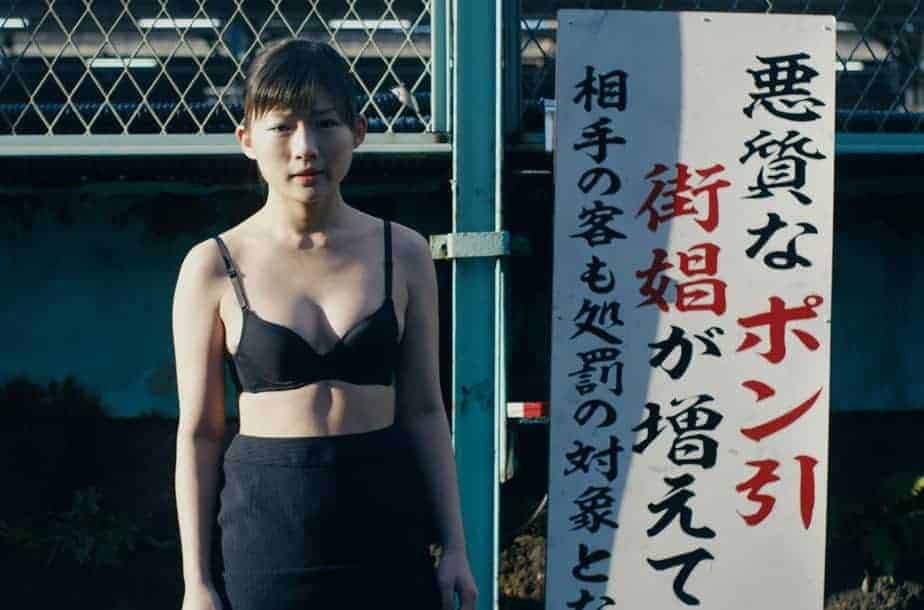
The sex workers are also human beings, so their personal lives are different from person to person, for example regarding the reasons they end up working in the industry or their backgrounds. I thought I needed a female other than the sex workers to showcase their lives from that female's perspective.
I said to Sairi Ito, “What Kano sees is what the audience sese, so I'd like you to find what you see in each character by yourself as Kano”. Sairi Ito is a wonderful actor. She took her role very seriously, put her soul into the character and made her into a real human being. That passion was clearly shown on camera.
Mahiru is a very interesting character, both regarding her extreme materialism and her somewhat sociopathic tendencies. How did you came up with such a character and how difficult was guiding Yuri Tsunematsu for the part?
We cry when we are in agony, and seek someone to talk to, but there are people who do not. When you have a feeling you do not want to have, you unconsciously cheat your feeling or try to replace it with a different one. I think this creates the individuality in people, based on their upbringings and the things they have been influenced by. Mahiru was not someone who I came up randomly, her character was built purposefully to portray a person who lacks love and affection, and also, doesn't know how to trust others. Therefore, I wanted to give Mahiru the strength to live in the end.
Yuri Tsunematsu is a cheerful, yet calm woman and she doesn't cling on to her ideals or get affected by other people's opinions about her. So, I asked her to keep her own personalityand add the emotional scar which Mahiru should have. I remember I had some discussions with Yuri while filming instead of giving directions to her.
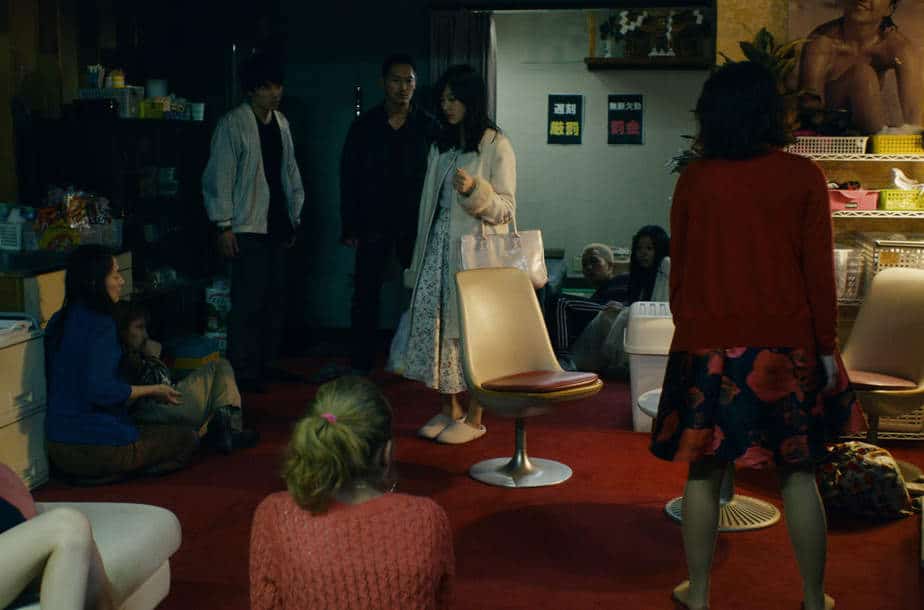
The beginning and the finale of the film are quite different from the rest of the film, and reminded me much of Toshiaki Toyoda's style, particularly “Blue Spring”. Why did you choose this approach and is Toyoda one of your influences?
“Blue Spring” is one of the Japanese films I like. However, I do not feel I have any influences from Toshiaki Toyoda in “Life:Untitled”. I wanted to open the film with a strong impact, with a sense of speed. As I was from a stage background, I decided to start the film with a similar composition to a stage play, where an actor stands on stage facing the audience. As for the last scene, I believed in the power of the track, “Burning Sea” by Queen Bee. I used the momentum of the music to work as a catharsis for bringing the characters back from an extraordinary day to an ordinary day.
The music in the film is excellent. Can you give us some more details about the songs heard?
The track is called Burning Sea (Moeruumi) by Queen Bee. I really wanted to use this track for the ending theme. I felt that the vocalist's androgyny voice would surpass the border of gender differences and keep the film in the neutral position between male and female, to avoid taking sides.
Also, the music pieces composed by Yo Irie that were used between scenes, have been made through a long discussion with Yo. I requested the music to stand close to the emotions of the sex workers.
Despite dealing with the particular subject, the film features only one sex scene and very little nudity (mostly from a man for that matter). Why did you choose this approach?
That was a difficult decision to make, as you should have sex scenes and nudity in the film, considering the subject matter. Also, I thought it was necessary to have them to make the film more realistic. However, what I wanted to highlight in this film was not sex itself, but humanity. The producer, Eiji Uchida strongly agreed with me on this. It was my conscious decision to portray the sex scene with a different approach from what male directors would choose. I chose to show male bodies when I needed to add some reality. So, my focus was not the lives of sex workers, it was their individualities as human beings.
The sex scene between Kyoko and Ryota was a love story element, so I portrayed their sex as an extension of their lives. I wanted to show the clear difference between having sex based on love and being loved, and having sex just as part of a service, as part of a job.
What are your plans for the future?
I feel like I finally became a film director, and I am standing on the starting line. So, I've presented some new projects to producers but so far, nothing has been decided about what my next film will be. There are many things I would like to challenge, so I hope this film will reach more people and someone would give me a chance sometime soon.
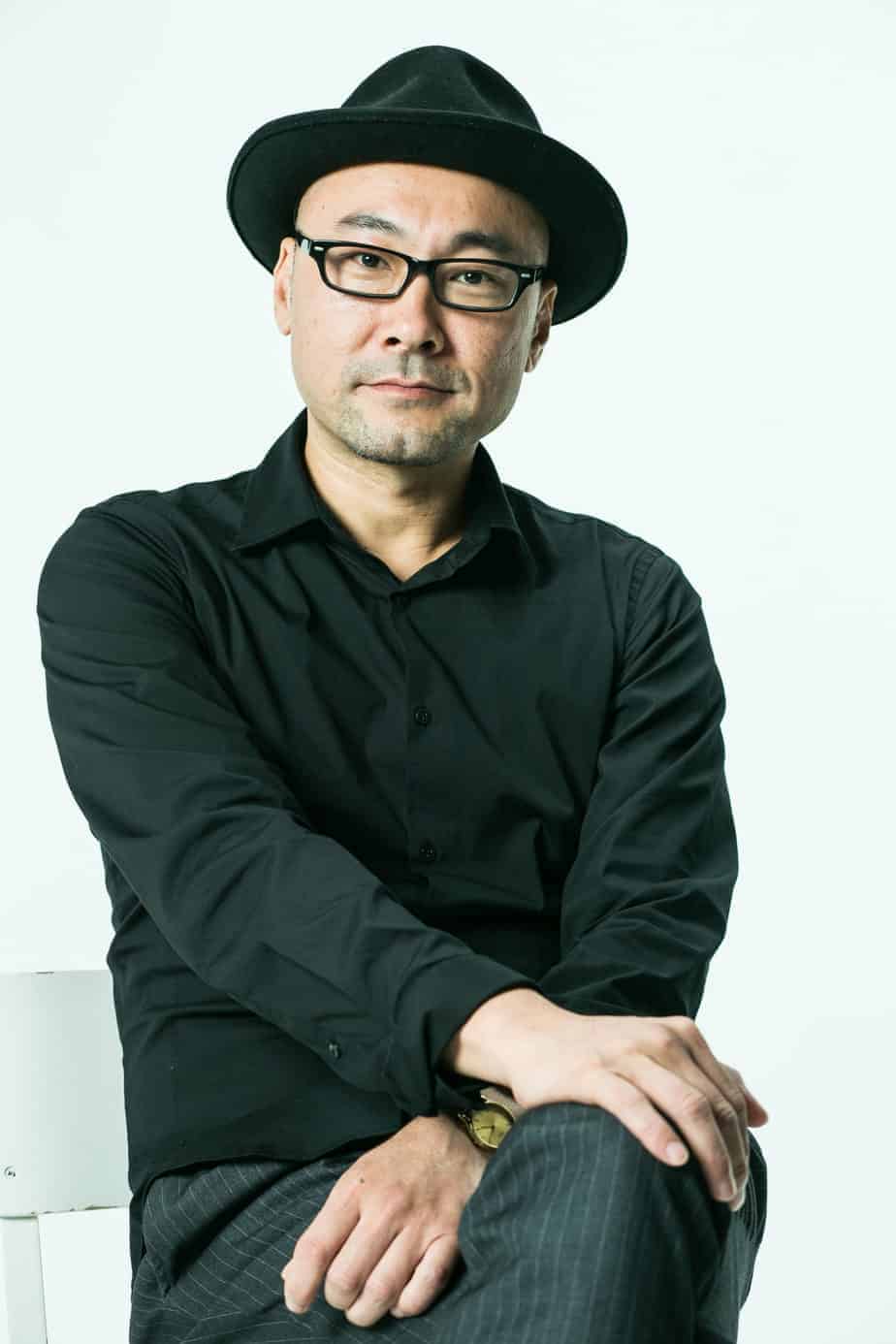
Eiji Uchida was born in Rio de Janeiro, Brazil and made his debut as a movie director in 2004 with ”Gachapon”. ”Greatful Dead” was his first work to be screened at an overseas film festival. His subsequent movie ”Lowlife Love” has been screened at over 30 film festivals worldwide, including the International Film Festival Rotterdam and gained big attention internationally, while his latest work, “Midnight Sun” is scheduled to screen this Autumn. Apart from directing, Uchida also produces film, and it is with this capacity that we interview him here.
How did you end up producing “Life: Untitled”? What is it that you liked about the film the most?
Eiji Uchida: There is no system that helps young directors gain experiences, in the Japanese film industry. As an experienced director, I wanted to offer some support to young directors within my personal ability.
What I like about the film is that it showcases a negative element of Japan such as “deri-heru” (I think the name itself is already vulgar) or sex call-girl business, as a striking youth love story by a female director. Despite the negativity, there are many young people who work in that environment for real, and the director managed to portray it in a new perspective.
Why did you choose to produce instead of directing?
I would not be able to interpret the concept of the story successfully by myself so I decided to support the film as a producer.
The cast of the film is kind of large, in terms of number of protagonists. Was it difficult bringing them all together? In general, how was the shooting like for the film?
As the film was the adaptation of the stage play, it was not difficult, but one thing the director and I discussed a lot was how to integrate the film elements into a play-based story.
Was it difficult coming up with the funding for the film?
Obviously, it was very difficult, as always. But we managed to make it with a small budget as the shooting locations were minimal.
In general, how difficult is to fund and promote such a film in Japan?
It is extremely difficult. But this time, thanks to the other producer who worked so hard for the funding, we managed to shoot the film in the end.


